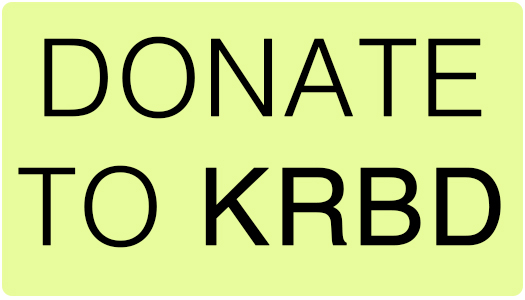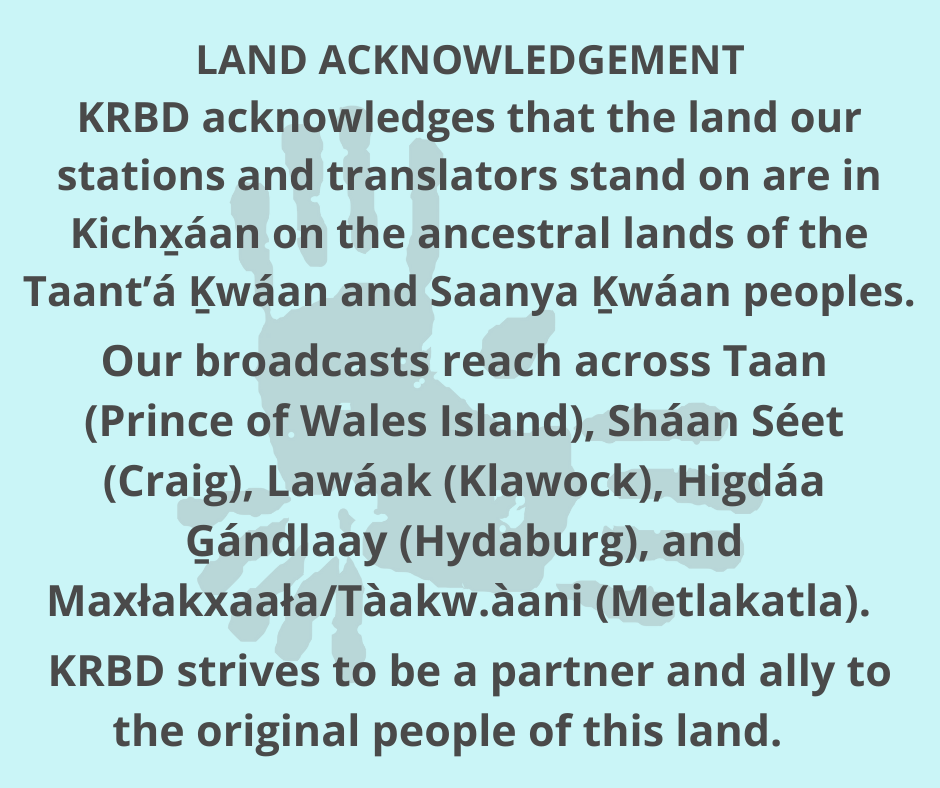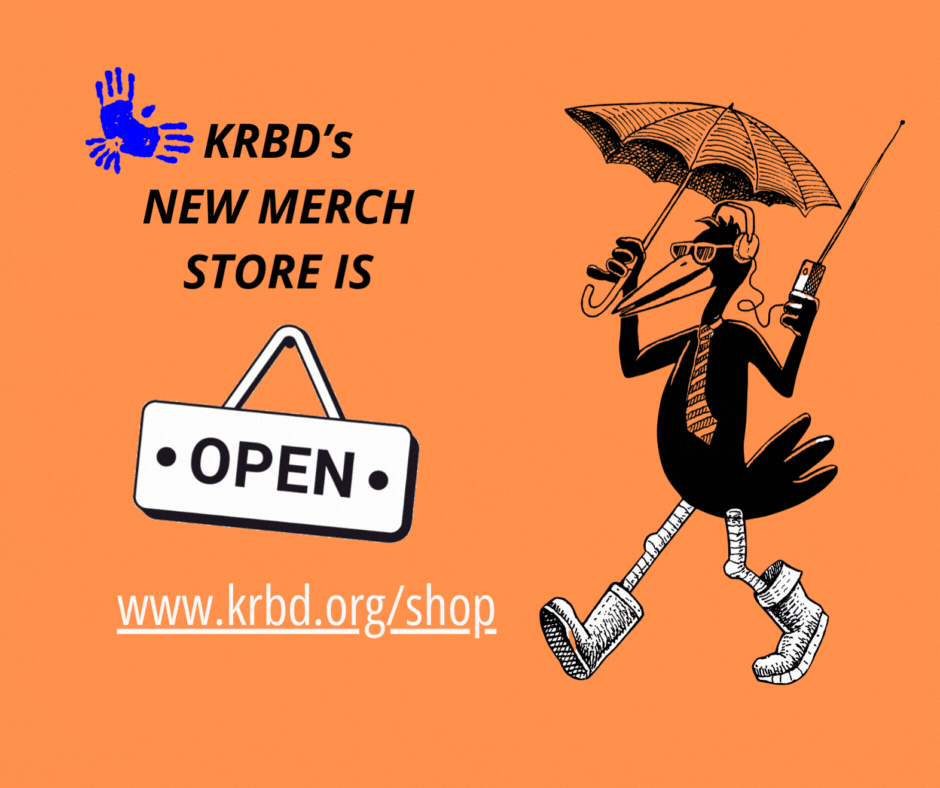Three companies are vying to take over management of Ketchikan’s city-owned cruise ship docks. One of those is Global Ports Holding, a company that manages cruise ports in the Mediterranean, the Caribbean and Asia.
Colin Murphy, a Global Ports executive, held meetings with tour operators and port retailers last week at the Cape Fox Lodge. Murphy also sat down with KRBD.
KRBD’s Eric Stone started the interview by asking Murphy why he thinks his company would be the best to manage Ketchikan’s docks. He says the city would be best served by an independent port operator.
Colin Murphy: Our bid is not in partnership with any particular cruise lines. We feel that the best way to maximize the facilities that are owned by the city is to manage those independently and make decisions which are based on the interest of the city and of the government and not necessarily what’s in the interest of other people. So we think an independent operator managing it on an open access basis where the city — and us, hopefully — get to make the decisions on which ships come to the port is this is the way to go for sure.
[…]
Eric Stone: A lot of people here see the docks as sort of a public good. They’re owned by the local taxpayers and managed in the local taxpayers’ interest. And if the taxpayers don’t like how the docks are being managed, they replace the people in charge of it: the City Council. How would you make sure that the community has a voice in how the docks are used?
CM: I’ll give you an example based on recent experience in the Bahamas, in the port of Nassau. So we have several advisory committees. We have a transportation advisory committee made up of tour operators and taxi drivers. We have a water taxi advisory committee, we have a retail advisory committee, we have a design advisory committee. So we need to do this project in collaboration with the community. We can’t just — we’re not just coming in and imposing our view of what we think is the right thing to do. It has to be done in collaboration with the community. So at every stage through the design, people — the council and the citizens — would be appraised.
Also, another point I’d like to make is about employment. Our intent is to hire the city employees that are currently running the port, those that wish to come to us so that we’ve got local management. So yes, we’re an international company. But this will be a local solution so that hopefully there will be no change in terms of who’s working at the port. Most of the services there will be provided by local companies. And so it will be a local solution. It won’t be a sort of an international brand, with lots of international guys coming in to run it. Most people won’t notice the difference, frankly, in who’s working on the port.
[…]
ES: I want to get a sense of what your vision is for the port. Are we talking about new buildings? Other changes? What is your vision for the port?
CM: Well, I think we don’t have a fully developed vision because our vision needs to be built in conjunction with the community. So we’re not coming in and saying, “This is what we will do here, because we know everything and we’re the we’re the best.” We’re saying that we think that we can add value that we have a lot of experience in different communities, designing a solution that is best for them.
So the Nassau solution is very, very different from what will be done in Ketchikan, but really, it was an example of how we respond to the needs of the community and we deliver what they’re asking for.
In Nassau, they had specific requirements. They wanted to revitalize the downtown area. They wanted to make it a bit more interesting for locals and for hotel guests, not just for cruise guests, so that solution was really designed for them. Once we have input from the community, whatever we do down in the port area, which is very small, will be designed in conjunction with the community. So obviously, to protect the valuable Ketchikan brand and the Alaska brand is super important. So we wouldn’t do anything that doesn’t enhance that. That’s the intent.
[…]
ES: One of the arguments that I’ve heard against going into a concession agreement with somebody is that a company like Global Ports Holding has the incentive to drive more passengers, and more passengers, and more passengers. Would you ever consider a limit on the number of passengers or a limit on the number of ships? How would you address what people call over-tourism?
CM: Well, I think this has to be controlled by the city, and the council are the people’s representatives, and they will be in charge of these issues. Our job is to grow the business as much as possible to the extent that the community wants it. And also to manage it more effectively. You know, there’s lots of little things that can be done to minimize the impact on the community. For example, because there’s so many new ships coming and the demand for Alaskan berths is so high, and yet, the cruise ships all leave Seattle and Vancouver on the same days and they all arrive in Anchorage on the same day, so maybe something can be done to sort of even out demand.
So instead of having two or three very peak days and then low demand on other days, maybe that can be balanced out. So that’s one way to grow the business without impacting the community negatively.
And then it’s managing the passenger flow, managing the flow of vehicles managing how people meet their tour guides, how they meet their taxis.
There’s a sort of a jigsaw, there’s lots of different moving parts to this puzzle. Everything from the ships’ arrival time to the tour timing, departure, and so on, to try and minimize the impact on the city.
Look, people come here because they want to come to Ketchikan, they want to see the city, they want to interact with the locals, I’ve spoken to a lot of locals that like interacting with cruise passengers. So it’s a major economic driver for the city. We want to manage it to the extent that the city will allow, but it has to be managed properly, and we’re very good at doing that.
Colin Murphy is head of business development for the Americas at Global Ports Holding, one of the three companies bidding to take over management of Ketchikan’s city-owned cruise ship port. KRBD has reached out to the other two bidders for a similar interview. Survey Point Holdings declined an interview. SSA Marine so far hasn’t responded to interview requests.








